
By Benjamin Nana Kwesi MENSAH
Mining has played a central role in shaping civilizations and continues to be a cornerstone of modern development. From powering infrastructure and industry to feeding technological innovation, mining is indispensable.
However, the environmental cost of mineral extraction; greenhouse gas emissions, land degradation, and water pollution – poses a significant threat to global sustainability goals.
Globally, mining contributes between 4% and 7% of greenhouse gas emissions, generating up to 5.1 gigatons of CO? equivalent annually. Moreover, mining is responsible for about 7% of global deforestation, severely impacting biodiversity and accelerating climate change.
Ghana at the crossroads
Ghana, the leading gold producer in Africa, reflects both the promise and peril of the mining sector. In 2024, the minerals sector, contributed 58.4% of Ghana’s export revenue and gold on a standalone contributed 8% to GDP.
Yet, these economic gains come with substantial environmental and social trade-offs. The proliferation of illegal mining, locally known as Galamsey, has worsened deforestation, poisoned water bodies with mercury and cyanide, and devastated farmlands.
In response, Ghana’s Ministry of Lands and Natural Resources has ramped up efforts to curb illegal mining and promote ethical extraction. These initiatives include financial and technical support for small-scale miners to adopt environmentally friendly practices, stricter regulatory oversight, and national reclamation projects.
Global Inspirations: How other countries are going green
Sustainable mining is not just aspirational – it’s already being implemented across the globe. Australia’s Alcoa has set the benchmark in environmental rehabilitation by restoring over 100% of original plant species at former mine sites. The company’s reforestation initiatives include introducing drought-resistant plants to enhance ecological resilience. In Sweden, mining companies such as Epiroc have phased out diesel-powered machinery in favour of battery-driven equipment, dramatically cutting CO? emissions. Their all-electric mining fleet has logged over 120,000 hours of emission-free operation since 2013.
Anglo American in South Africa is making major strides toward sustainability through its investment in renewable energy across its South African operations. In collaboration with EDF Renewables, the company has established Envusa Energy, a renewable energy platform aimed at powering all its local mining sites by 2030. This initiative will harness solar and wind energy, with a projected capacity of 3 to 5 gigawatts, not only to meet Anglo American’s energy needs but also to support the national power grid and stimulate growth in South Africa’s renewable energy industry.
Ghana’s Sustainable Shift: Emerging Pathways
Ghana is now embracing a multi-pronged approach to sustainable mining. Below are five key pillars guiding this transition:
Reclamation and Rehabilitation
Mining companies are required to restore mined lands through refilling pits, replanting native vegetation, and rehabilitating water sources. The aim is to return the land to a natural or agriculturally productive state. Newmont’s Ahafo mine and Newmont Akyem mine (now Zijin Golden Ridge) use indigenous tree planting, topsoil restoration, erosion control, and waterbody clean-up as part of reclamation efforts.
Renewable Energy Adoption
Renewable energy integration is becoming a game-changer. Gold Fields Ghana, through a power purchase agreement with Genser Energy, operates a dedicated on-site natural gas power plant at its Tarkwa and Damang mines, significantly reducing reliance on diesel and the national grid. This setup improves energy reliability and efficiency, supports ISO 50001 energy management certification, and cuts both costs and emissions, showing renewable transition in action within Ghana’s mining industry.
Digital Transformation
Technologies like artificial intelligence, IoT, and automation enhance operational efficiency while minimizing environmental harm. AI-powered predictive maintenance and remote-controlled equipment reduce emissions, improve safety and optimize resource use. Technologies can also support greatly in the mining control and regulation. The Ghana Minerals Commission is setting up an advanced AI-powered control center designed to monitor 28 drones, track excavator movements in real time and remotely disable unauthorized mining operations occurring outside approved concession zones.
Water Management and Recycling
Innovations in water filtration and desalination now allow mining operations to recycle water and reduce their freshwater footprint. Companies are investing in closed-loop water systems to eliminate waste discharge and prevent waterway contamination. Gold Fields Ghana, for example, recycles over 70% of the water used at its Tarkwa and Damang mines. The treated water is then reused in the mining process.
Regulatory Enforcement
Strong governance remains essential. Ghana continues to tighten licensing systems, conduct regular environmental audits, and impose penalties for non-compliance, ensuring that all mining activity meets ecological standards. As of May 1, 2025, the Ghana Gold Board (GoldBod) has been designated the sole authorized buyer and exporter of artisanal gold. This move, which also bans foreign involvement in gold trading, is part of a broader strategy to combat illegal mining and strengthen oversight within the sector.
A New Frontier: Lithium Mining in Ghana
Ghana’s foray into lithium mining marks a new chapter. The Ewoyaa Lithium Project, led by Atlantic Lithium, aims to produce 360,000 tons of lithium annually. However, civil society groups have called for robust environmental safeguards, urging the Minerals Commission to avoid repeating the pitfalls of the gold sector. The Commission insists on a balanced approach, starting lithium extraction promptly while maintaining strict ecological oversight.
Collaboration is Key
Beyond government regulation, advocacy groups and research institutions are pivotal in driving sustainable change. The Ghana Atomic Energy Commission (GAEC) and the Council for Scientific and Industrial Research (CSIR) have urged immediate action against Galamsey, citing alarming health and environmental consequences. They emphasize the need for coordinated investment in ethical mining techniques.
The Road Ahead
Sustainable mining in Ghana is not just an environmental imperative – it is a socioeconomic necessity. The journey toward responsible mining requires a collaborative framework involving community participation, scientific research, technological innovation, and unwavering political will.
By learning from international best practices and enforcing responsible standards at home, Ghana can position itself as a global leader in sustainable mineral extraction – ensuring that mining fuels not only economic growth but also environmental preservation and community well-being.
Benjamin is an Associate, Mining and Metals
The post Sustainable mining: Striking a balance between economic growth and environmental stewardship appeared first on The Business & Financial Times.
Read Full Story
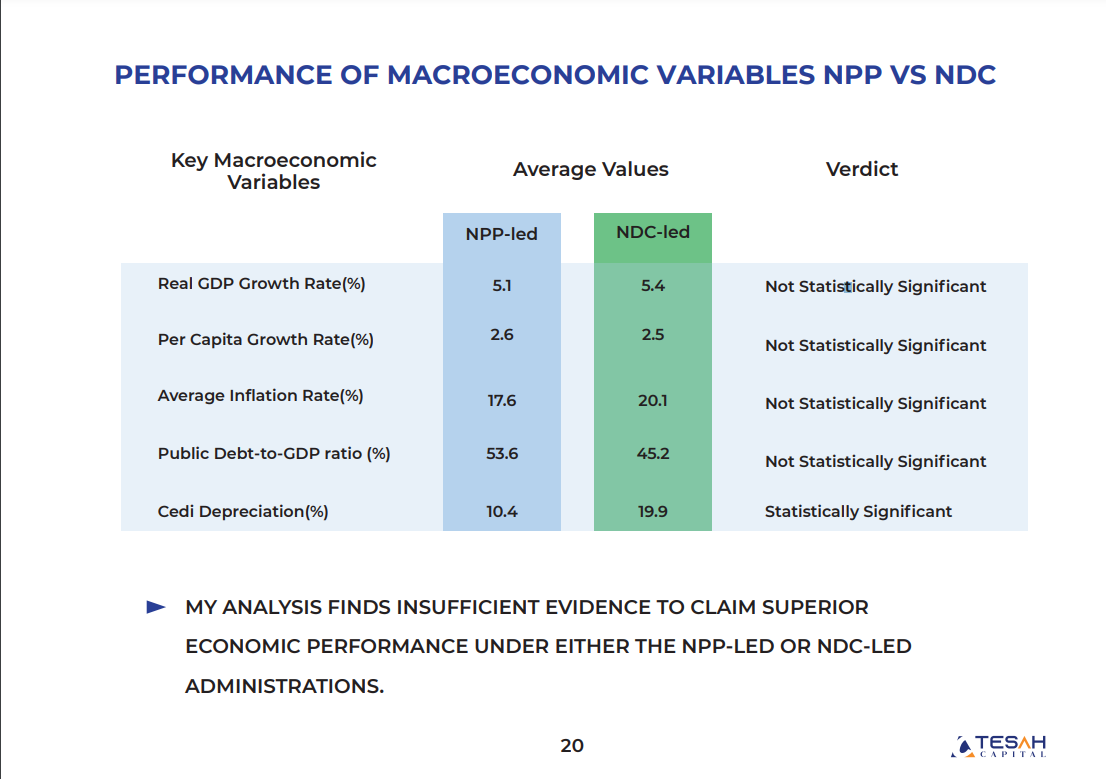
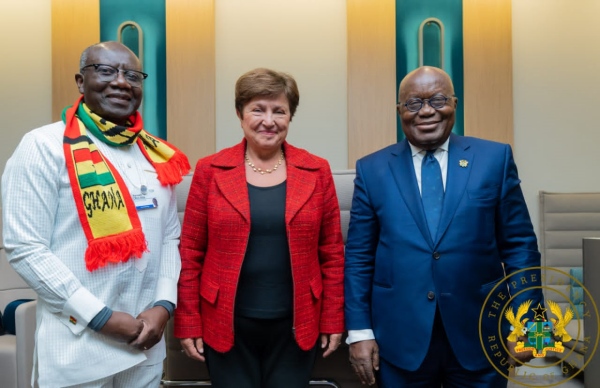

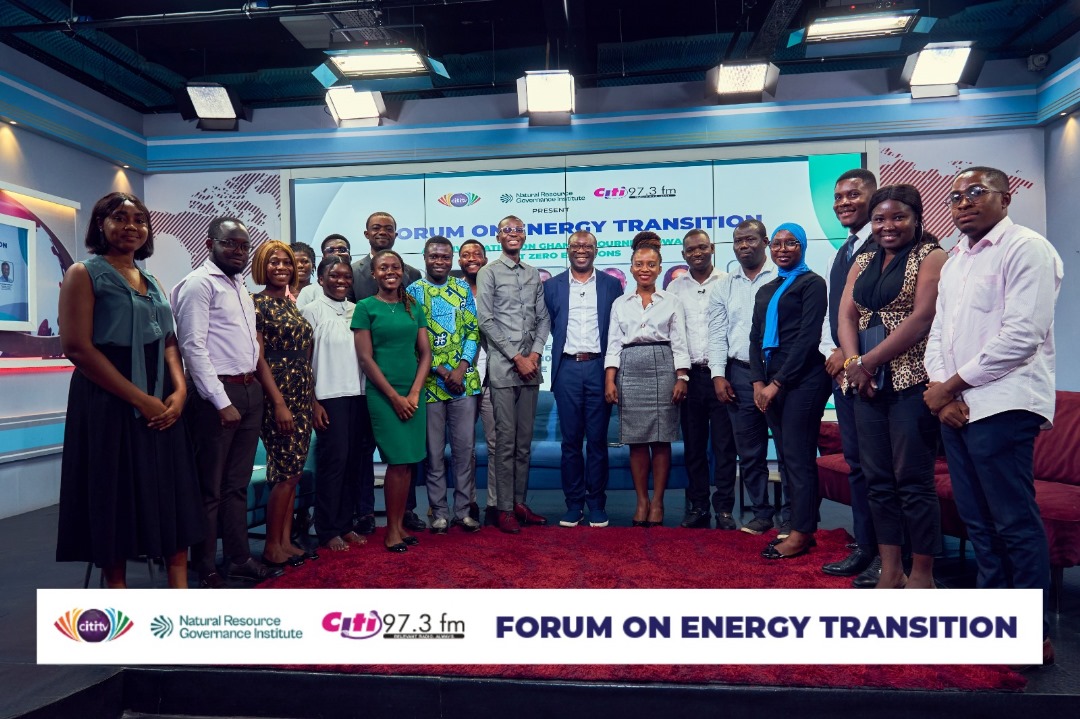

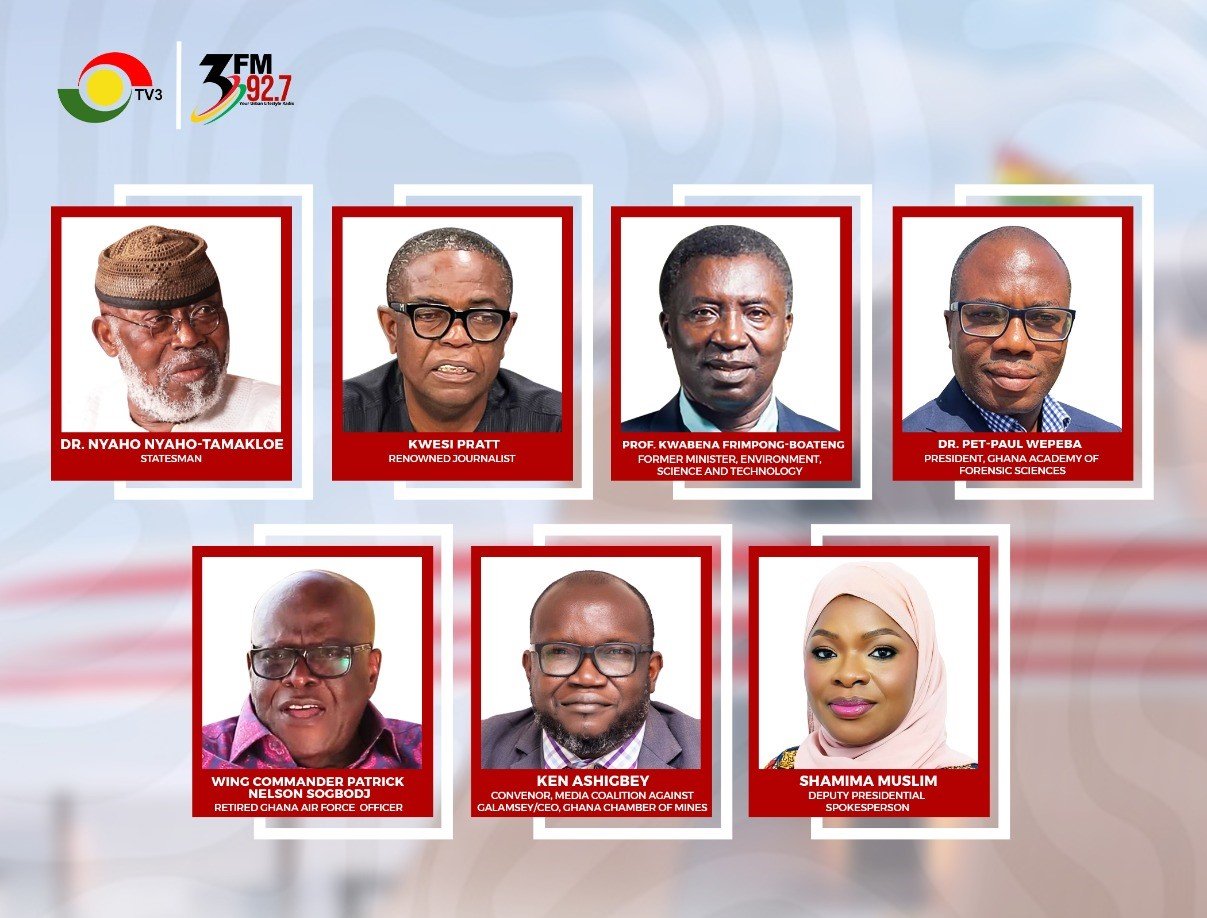


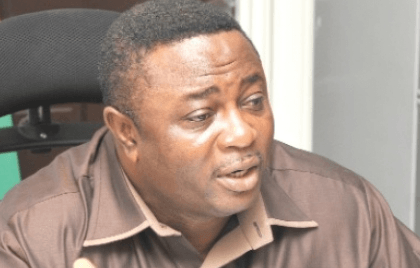

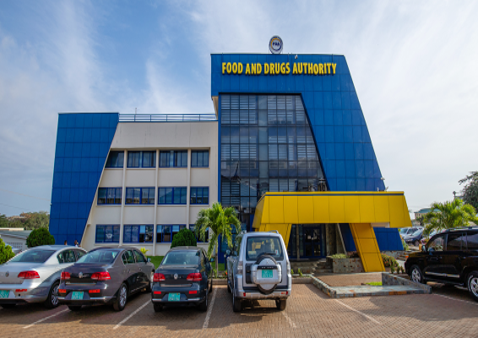
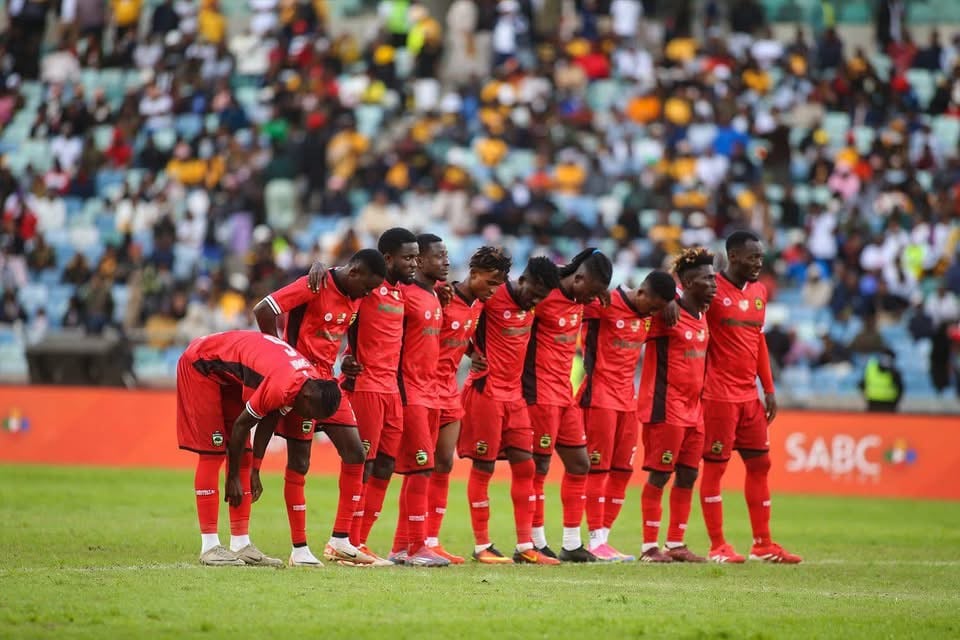
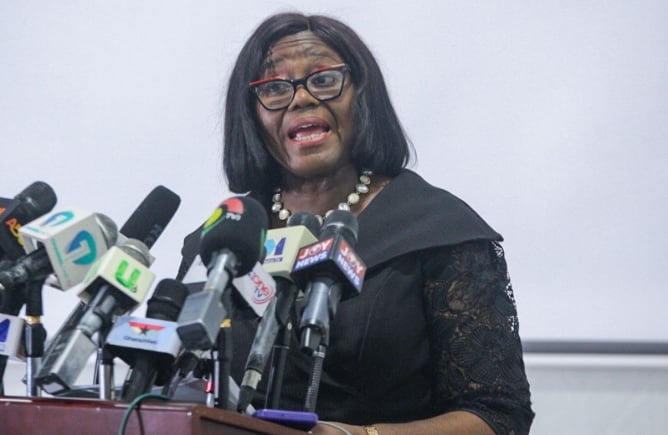



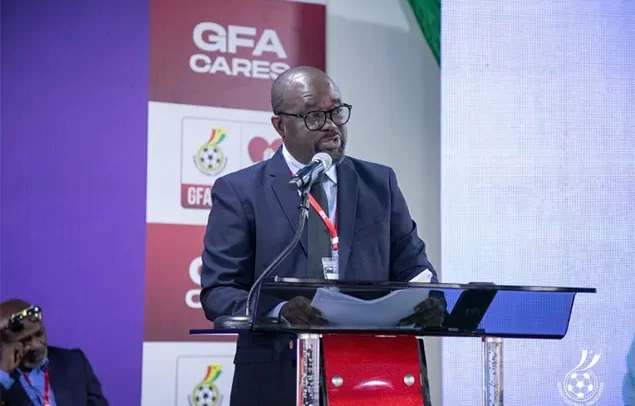
Facebook
Twitter
Pinterest
Instagram
Google+
YouTube
LinkedIn
RSS